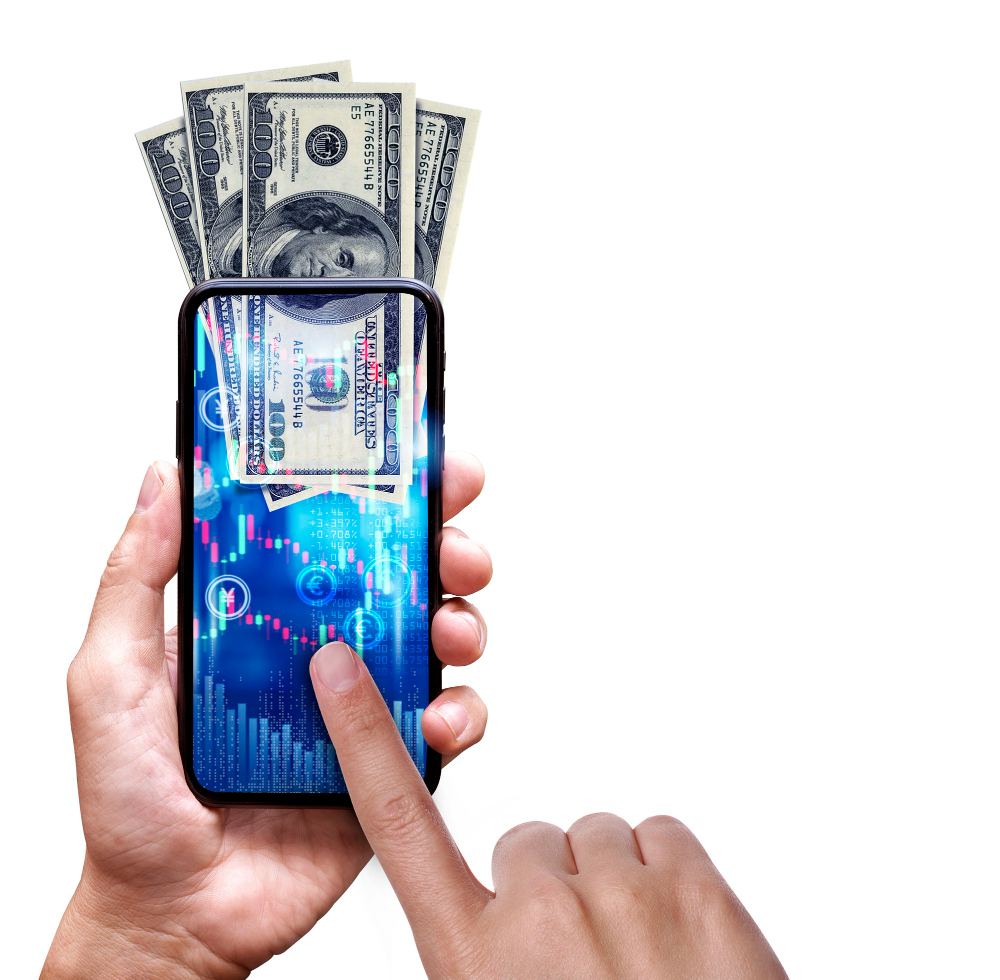The future of money: will digital money be the new standard?
Digital money has existed for decades in the form of credit and debit cards, online bank transfers, and virtual currencies like Bitcoin. But in recent years, there has been a shift towards a cashless society driven by the increase in digital transactions. So, will digital money be the new standard in the future of money? In this post, we explore current and future trends in digital money.

The rise of digital money
Digital money has become an increasingly popular form of payment. The COVID-19 pandemic has further accelerated the adoption of this payment method, as many people have avoided using cash due to concerns about the spread of the virus.
Technology and financial companies are driving the change, offering a wide range of digital payment solutions, from mobile apps to digital wallets and cryptocurrencies. Additionally, governments are exploring the idea of central bank digital currencies (CBDCs), which could offer greater efficiency and transparency in financial transactions.
The benefits
Digital money offers several benefits, including:
- Convenience: It allows users to make financial transactions from anywhere and at any time, making it much more convenient than cash.
- Security: It is safer than cash, as transactions are conducted electronically and can be traced and audited more easily.
- Efficiency: It is more efficient than cash, as transactions can be made more quickly and with fewer errors.
- Lower costs: Transactions are generally cheaper than cash transactions, which can save money for both consumers and businesses.

The challenges
Despite the benefits, digital money still faces some challenges, including:
- Cybersecurity: It is vulnerable to hacking and data theft, which can jeopardize users’ privacy and security.
- Financial exclusion: Not all people have access to technology to use digital money, which can leave some out of the financial system.
- Risk of value fluctuation: Cryptocurrencies like Bitcoin are known for their price volatility, which can make their use as a form of payment risky for some people.
Digital money concerns
Digital money will not completely replace cash in the short term, as there are still many places where cash is the only accepted form of payment. Additionally, cybersecurity remains an important concern that must be addressed before digital money can become the norm.
Another important issue is financial inclusion. Although many people have access to the technology necessary to use digital money, there are still a large number of people who do not have access to the internet or electronic devices. This could mean that those who cannot access digital money are left behind in terms of financial opportunities and access to banking services.
Additionally, there are concerns about financial privacy and the security of personal data. If all money is in digital format, there would be a greater amount of personal financial information that could be vulnerable to cyber attacks and unwanted exposure.

Despite these concerns, many companies and governments are exploring the potential of digital money. China, for example, has been working on a digital version of the yuan, while the European Union is considering the creation of a digital euro.
In conclusion, although it has the potential to transform the way we conduct financial transactions, there are still obstacles that must be overcome before it can become the norm. Cybersecurity, financial inclusion, and financial privacy are just some of the concerns that must be addressed before digital money can be adopted on a large scale.







